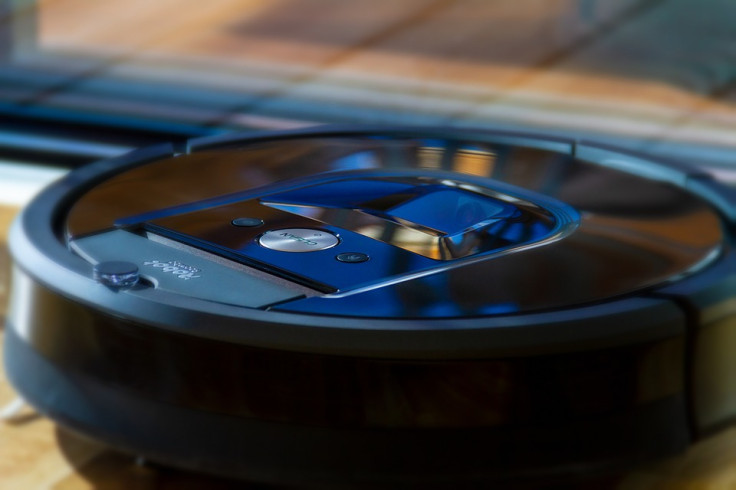Warning: Your vacuum cleaner can be remotely hacked to record conversations
Even if the devices that have Lidar do not have microphones, they could still be remotely manipulated to pick up audio.
Technology is advancing almost every day. However, there is still no system that can perfectly claim to be "hackproof." Recently, a team of researchers showed how a robotic household vacuum cleaner can be hacked remotely and could be used as a microphone to pick up sounds from the room.
Researchers from the University of Maryland looked at a popular vacuum robot's laser-based navigation system, collected the information from it, and applied signal processing in order for them to recover speech. They were also able to identify television programs that were being played in the same room where the vacuum robot was located.
In a university release, the researchers demonstrated how devices that make use of light detection and ranging (Lidar) technology can be manipulated to collect sound even if they do not have a microphone. The researchers were able to repurpose the system which was used for navigation to be able to spy on conversations. With this, there is a tendency that even private conversations can be revealed and discovered remotely.
Nirupam Roy, one of the researchers and an assistant professor at the Computer Science Department of the University of Maryland, stated that people welcome devices into the home and then do not think anything bout it. However, they have shown that even if the devices that have Lidar do not have microphones, they could still be remotely manipulated to pick up audio.
A Lidar navigation system of a vacuum bot works by shining a laser beam around a room. The laser would then bounce off nearby objects and the system senses the reflection of the beams. The robot would use the signals that were reflected to map out the room. This allows the vacuum robot to do its job without colliding into anything inside the room.
Experts stated that the maps that the robot vacuum creates are stored in the cloud. This poses a security threat as it could possibly give advertisers easy access to private information like home size and other lifestyle-related info. With this premise, Roy and his team tried to hack into the vacuum robot's system so as to gauge its security.
The researchers then passed the signals through algorithms that could match a human voice or identify musical sequences from shows. The researchers used the LidarPhone, and it was able to match spoken numbers with 90 percent accuracy.
With this, Roy noted that the threat could be more important than ever, especially when people freely talk about their private information like bank or credit card info. They emphasised that the vacuum robot is just one example of a vulnerability relative to Lidar-based spying.
© Copyright IBTimes 2025. All rights reserved.






















